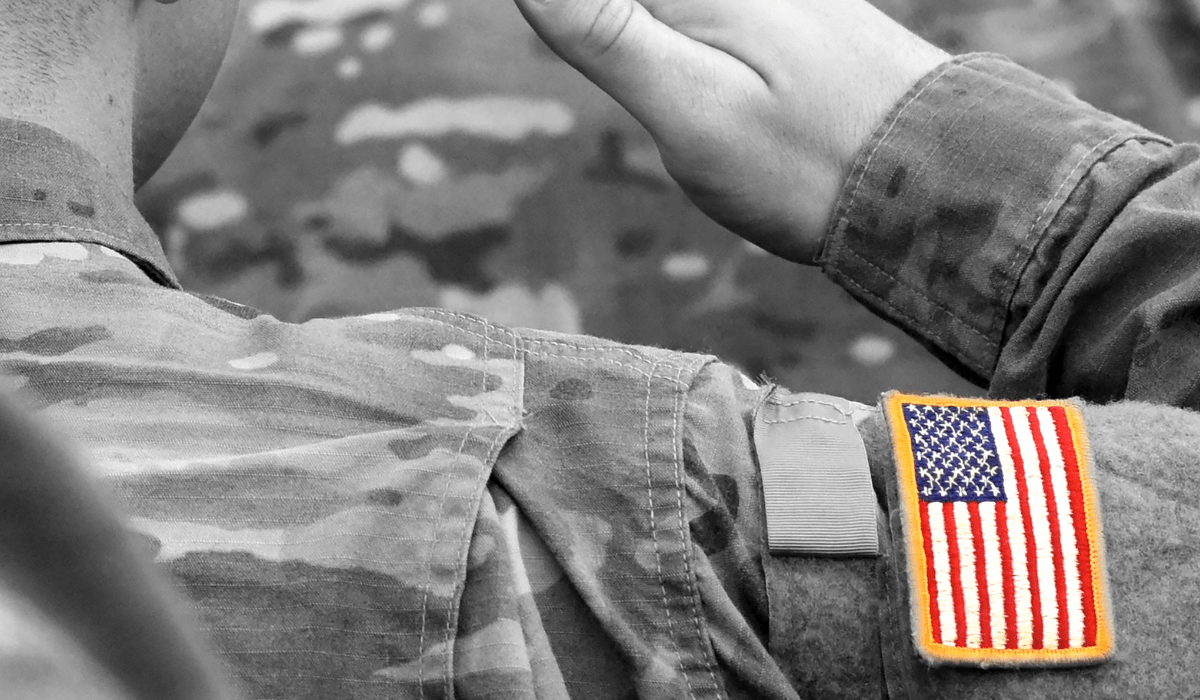
The military often teaches that a service member can’t consent to having sex after they have been drinking, which is not an accurate summation of the law. Some SHARP / SAPR training even puts out that if you have just one drink, you can’t consent to sex. This is absurdly wrong.
In the military, if an alleged victim is substantially incapacitated (for example, due to intoxication) they cannot consent to having sex. However, if you have a reasonable belief that the person you were having sex with was consenting, and was able to consent, then you have a defense.
So, it is altogether possible for an alleged victim to be substantially incapacitated, yet you have a reasonable belief to the contrary. This creates a gray area, and it is where most military sexual assault cases are won or lost.
In fact, most sexual assault allegations in the military involve alcohol consumption that follow a similar fact pattern and involve the two issues already touched on: (1) Was he or she too drunk to consent? and if so, (2) Did the accused have a reasonable belief that the other person was consenting and was able to do so? Consider the following typical fact pattern:
A service member goes out to a bar or club, has a few drinks and meets a girl who has also been drinking. The two of them talk, have a few more drinks, and then end up going home together and hooking up. One service member leaves in the morning and there doesn’t seem to be any issues. A month later, the service member gets called in by CID / NCIS / AFOSI is read his rights for rape and sexual assault, and learns that the girl (or guy) they hooked up with at the bar a month ago was actually married and is now claiming that they were peer-pressured into drinking alcohol and that she (or he) was either too drunk to consent to having sex or “blacked out.” They have now made a sexual assault complaint.
For the accused, their world has stopped, and the allegation will change their life forever. Based on the alleged victim’s story alone, the accused will likely be FLAG’d or placed on legal hold, looked at and treated like a rapist, and then criminally charged with some form of an Article 120 offense. These are federal felony level charges and a conviction can transform an accused from an outstanding Soldier, Sailor, Airman or Marine to a convicted sex-offender who is dishonorably discharged from the military and sent to prison. All over a drunken and consensual hookup.
We Both Drank – Why Didn’t They Charge Her (or Him) Too?
It does beg the question if “drunk sex” is illegal, why aren’t they charging her (or him) for it, as well? Both service members were drinking, both were flirting with each other, and both decided to hook up after going to the bar. Just because the alleged victim now claims that they can’t remember what happened – what our firm calls a “blackout of convenience” – and was married, why isn’t she (or he) also getting charged with felony level sexual assault? The answer is that, in today’s military war on sexual assault, it is all eyes on the accused—none on the accuser—and both parties are not held equally accountable for their actions.
A case like this would likely never be prosecuted in the civilian world, and for good reason. In the military, however, this fact pattern routinely forms the basis for prosecution, and the accuser is never charged or held accountable. Even worse, the accused is often duped into making admissions to law enforcement by stating that they were drinking and had sex, has his conversations with the accuser recorded without him knowing about it during “pre-text phone calls,” and all of the eyewitnesses who could testify that what happened that night was absolutely consensual are never interviewed by law enforcement.
For the alleged victim, the adultery charges are brushed under the table, she (or he) is given “victim status,” often gets promoted, a choice of assignment or even an honorable discharge out of the military with additional compensation for being a “victim.” Of course, the alleged victim’s marriage is saved, she (or he) gets a paycheck and a promotion, and the accused is left fighting to stay out of prison and become a registered sex offender.
The bottom line is that if you are accused of sexual assault in the military – the alleged victim isn’t getting charged, you are. And you are left holding the bag trying to prove the person you had sex with was actually consenting.
Ability to Consent – As Clear as Mud.
A great number of the charges filed under Article 120 involve incidents between two people who know each other and, like our previous example, involve allegations of sexual activity while intoxicated, either from alcohol or drugs. As already highlighted, the degree of impairment of the alleged victim and the related ability to consent is a critical point in a subsequent charge of sexual assault. But the issue of consent is a vastly more complex legal issue than one would think. For a conviction on a sexual assault charge in these cases, it must be proven beyond a reasonable doubt that the party accused of the illegal sexual act knew that the victim was too impaired by drugs or alcohol to consent, or that the person was asleep or unconscious. One of these will be at the heart of the charge, and then the Government will do everything it can to try and show that the so-called victim was not aware that the act was taking place or was incapable of giving consent due to the level of intoxication.
The legal wording regarding this aspect of Article 120 is vague, as it includes phrases like “or otherwise unaware” that a sexual act is occurring and “the condition is known or reasonably should be known” by the person. As a result, you need an experienced military lawyer that not only understands it, but has successfully explained it to a panel of members (military jury) such that a not guilty finding was returned.
Stated bluntly, Article 120 of the UCMJ presents serious legal issues that continue to plague members of the military who find themselves forced to defend against criminal allegations of sexual assault at court-martial after what was believed to be consensual “drunk sex.” In fact, cases involving “impaired consent,” and the claim that the alleged victim could not have reasonably consented to the act (due to the level of intoxication), and that the defendant should have reasonably known that this was the case, is the basis of many pending cases.
Don’t be a victim in the military’s war on sexual assault, contact one of the attorneys at Bilecki Law Group to discuss how to level the playing field and fight back.
Defending Service Members Globally
Wherever Duty Calls, Our Defense Follows




